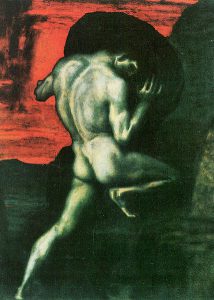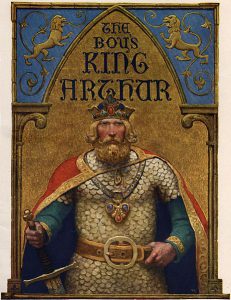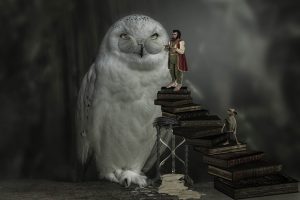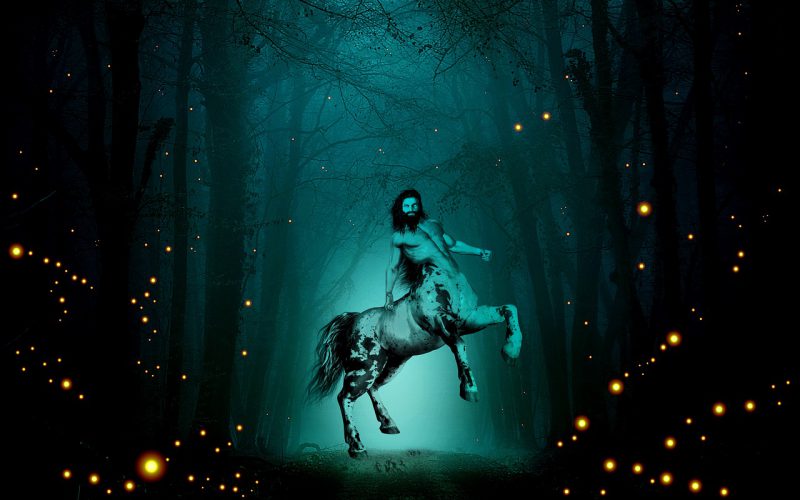When we talk about things that are not tangible, like stories featuring heroes, gods, and unreal creatures like mermaids, elves, centaurs, and ogres, we refer to them as folklore, fairy tales, myths, legends, and so on. The problem arises when people use these terms interchangeably, without paying attention to what they actually mean. We are going to draw out the differences and overlapping between myths, legends, and folklore.
Myths

The word ‘myth’ comes from Ancient Greek and it means narrative, fiction, or plot. Essentially, a myth is a story. What kind of story? Well, myths are stories featuring heroes, gods, and creatures not found in nature with no scientific basis. These stories are used to explain the way the world works through religious teachings, or to celebrate certain virtues and condemn vices. A story is a myth if the creatures and persons in it are not real and/or go on unreal adventures. The myth of Sisyphus tells a story of a king too clever for his own good who was punished by the gods in the form of pointless labor.
Legend
’Legend’ is a word that comes from Latin and refers to a story or biography featuring real people. However, the story itself and its details are not 100% factually checked.

To put it mildly, these are stories that have likely been embellished for the sake of making the story or the person more interesting. In legends, real people perform feats that may be within human potential but well exceed the average. Legends can overlap with myths in the sense that there is no proof that the main character of the story really did the deeds or made the speeches and there is a chance of a miracle or two occurring in the story.
A typical legend includes people like King Arthur and Robin Hood, for which there is some basis in reality, but the stories are mostly fictional.
Folklore
Out of all three terms, ’folklore’ is the most encompassing. Both myths and legends are part of folklore. If we break down the compound word, we have folk, meaning people, and lore, stories, and information passed from word of mouth. In other words, folklore is the lore of the people.

However, it is not just stories. Folklore includes culture, oral history, and tradition. Wearing a certain outfit, eating certain foods, having sayings, singing songs, experiencing relationships between the members of a people or to outsiders – all of these are part of folklore. Every ethnicity or nation has its own folklore, myths and legends included.
Honorable Mention: Fairy Tales
Fairy tales are also part of folklore and feature mythical creatures, but they are used for moral and pragmatic teachings with not a shred of things found in real life. There are no princesses unable to sleep on a pea, used to demonstrate that the noble virtue of not doing any hard labor makes for a human being too delicate to exist. There are also no mermaids who trade their voices in an effort to be with a creature outside of their normal surroundings. However, fairy tales are also important as they too give insight into the mindset of the people that made them.

